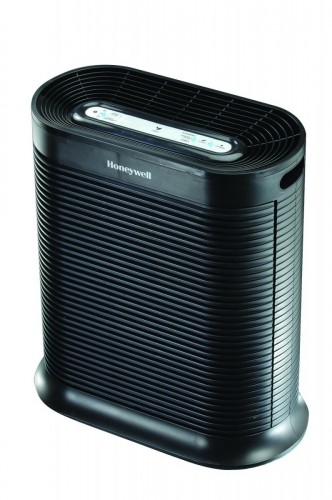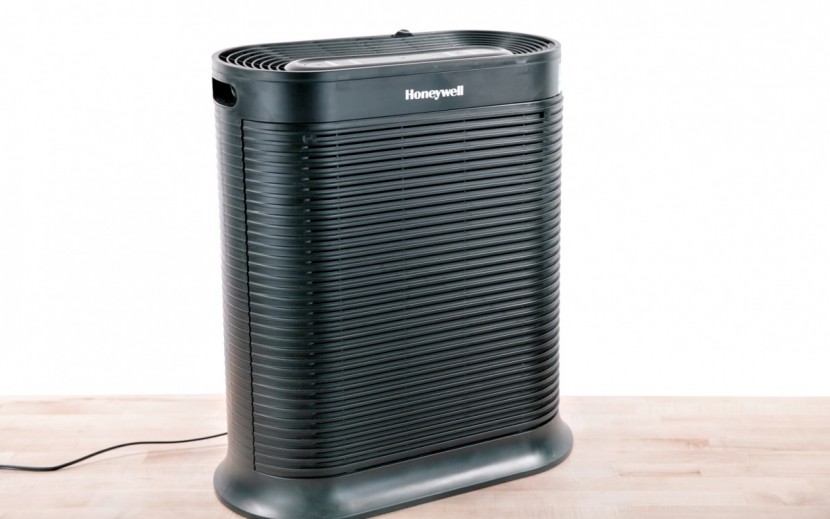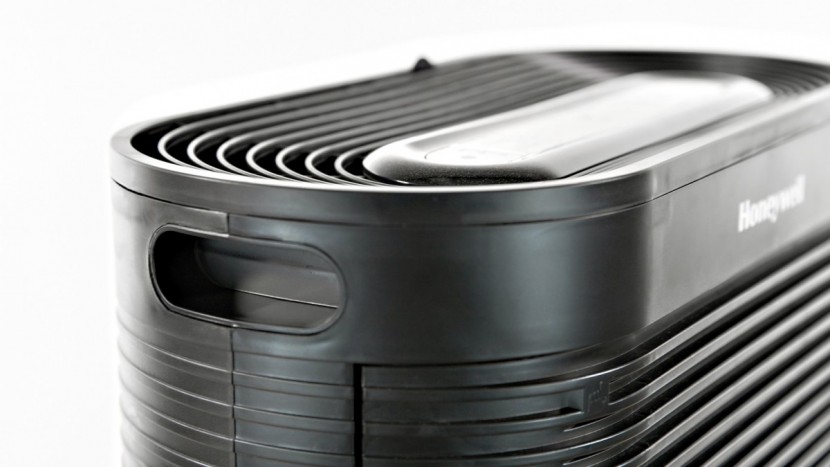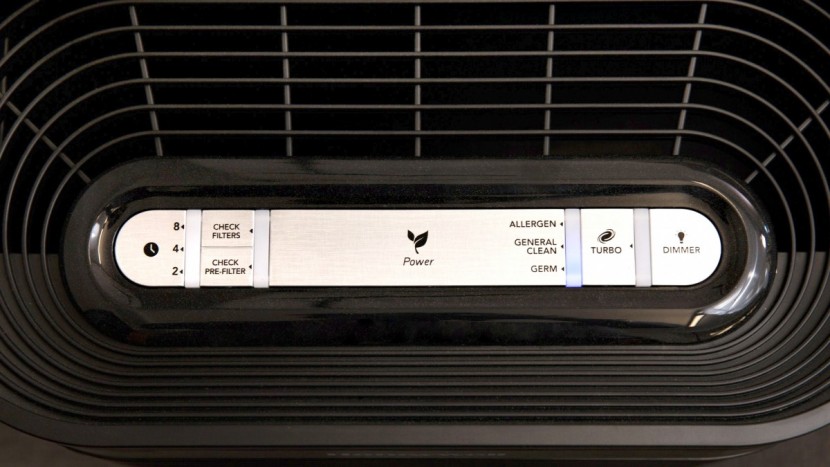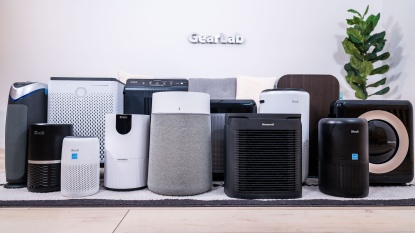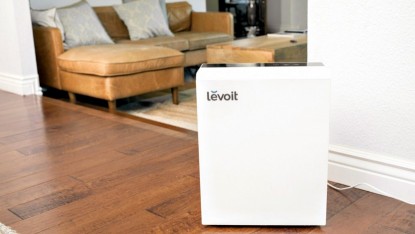Honeywell True HEPA Allergen Remover Review
Our Verdict
Our Analysis and Test Results
Air Cleaning Performance
The Honeywell is one of the top performers in our air cleaning tests, sharing the top score with three other models. Its CADR (clean air delivery rate) of 300 is one of the largest of the models we tested, making it suitable for large rooms of up to 450 square feet.
That power allowed it to remove 99.78% of the airborne particles in our testing room within half an hour. This is the fastest any model reached such a reduction. However, it didn't continue to lower the particulate count over the next half hour of testing, whereas some other models reached just slightly higher percentages by the end of the test. It is one of the best models in odor reduction, but it still had trouble removing the harsh smokey smell from our testing room.
Noise
Noise is one of the Honeywell's downfalls. While we didn't find any of our purifiers to be unbearably noisy, the Honeywell is one of the lower scorers. On high it makes a high-pitched shriek that is very noticeable. If you're the kind of person who likes white noise, it may fade into the background, but it might become quite distracting if you are sensitive to noises. Turning the Honeywell down to medium and low knocks the volume down a peg, but the pitch remains the same and was still noticeable.
Ease of Use
Here, the Honeywell falls behind the top scorers. It has simple, clear buttons on the top of the unit that allow you to select one of four fan speeds easily, and set the off timer. The only downside is its size. At 17 pounds, it is the heaviest model we tested, and thus the hardest to move around. It does have two recessed handles that make the task of moving it around a little easier, but most comparable models are at least four pounds lighter.
Operating Cost
The Honeywell is again one of the low scorers in our operating cost metric. Its estimated lifetime cost came out to a whopping $771. That high cost starts with the list price. It is also the most power-hungry of the models we tested, gobbling up 0.065 kWh of electricity for each hour of operation. Assuming average electricity rates, this works out to $34.16 every year. The filters are actually relatively cheap, lasting one year and costing just $60.
Value
The True HEPAoffers great air cleaning performance and is priced accordingly. Its high list price and $771 estimated lifetime cost are both on the high end.
Conclusion
The Honeywell True HEPA Allergen Remover is a great performer, but a relatively loud fan and high price make the Coway a better choice for most people seeking top-notch performance.


